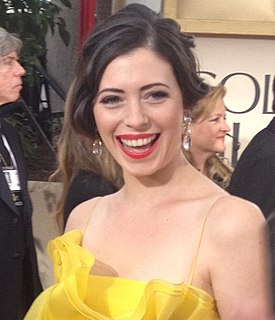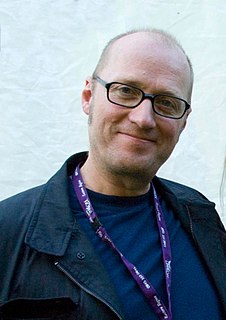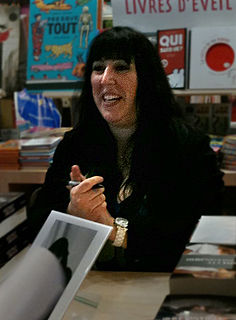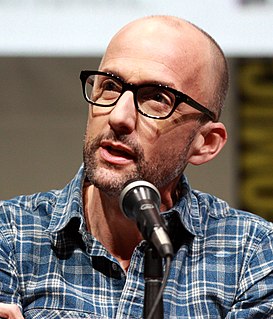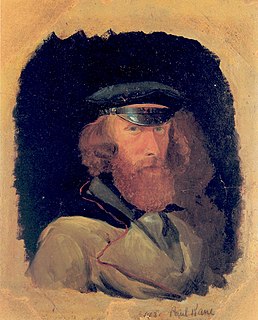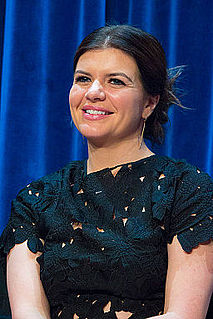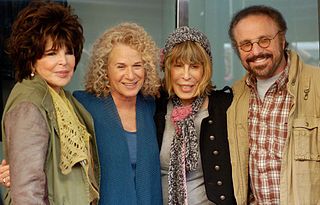A Quote by Lauren Miller
When you have a writing partner and you're writing a comedy, your goal is to make each other laugh.
Related Quotes
When you are dancing with your partner, for that two and a half minutes, you are in love with each other. You're
corresponding with each other by the moves that you make. It's a love affair, between you and your partner and
the music. You feel the music, you feel your partner, she feels you and she feels the music. So there the three of
you are together. You've got a triangle, you know. Which one do you love best?
You honor your writing space by recovering, if you are an addict. You honor your writing space by becoming an anxiety expert, a real pro at mindfulness and personal calming. You honor your writing space by affirming that you matter, that your writing life matters, and that your current writing project matters. You honor your writing space by entering it with this mantra: “I am ready to work.” You enter, grow quiet, and vanish into your writing.
The first purpose of comedy is to make people laugh. Anything deeper is a bonus. Some comedians want to make people laugh and make them think about socially relevant issues, but comedy, by the very nature of the word, is to make people laugh. If people aren't laughing, it's not comedy. It's as simple as that.
Something that's good in the mini-culture of 'Happy Endings' is that the goal is to try and make each other laugh. There is a pretty high bar, and you want to make the writers laugh, and you want to elevate what's already great material - and also, we're like, 'Who is even watching this? Let's just go for it.'
You learn so much with each book, but it's what you teach yourself by writing your own books and by reading good books written by other people - that's the key. You don't want to worry too much about other people's responses to your work, not during the writing and not after. You just need to read and write, and keep going.
